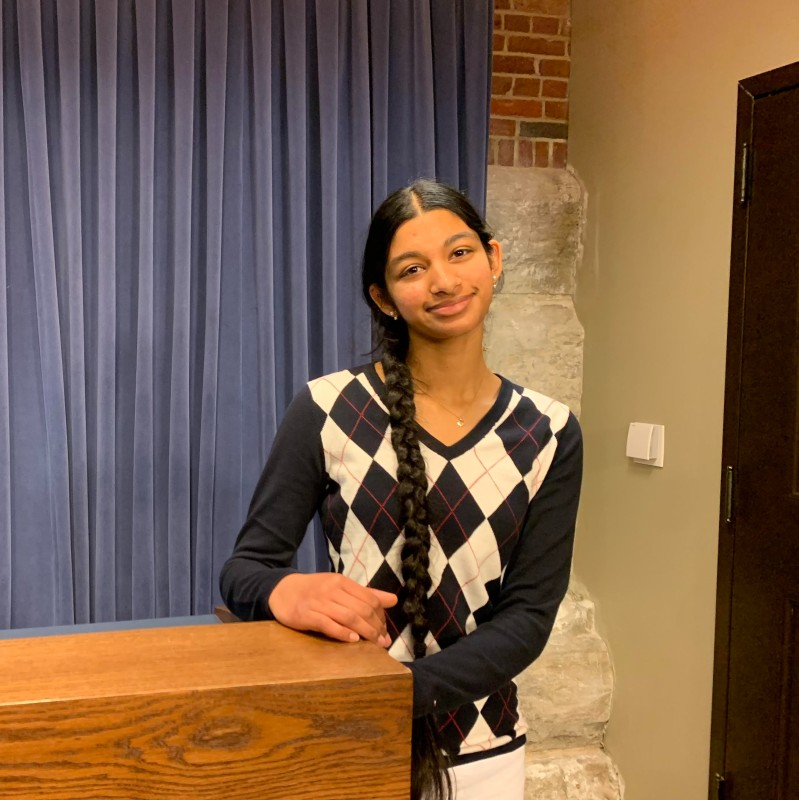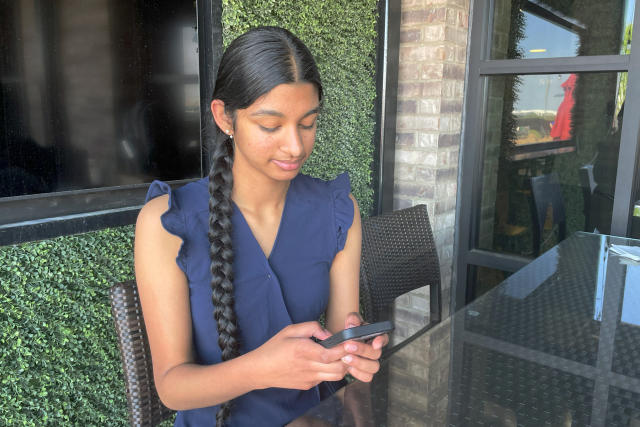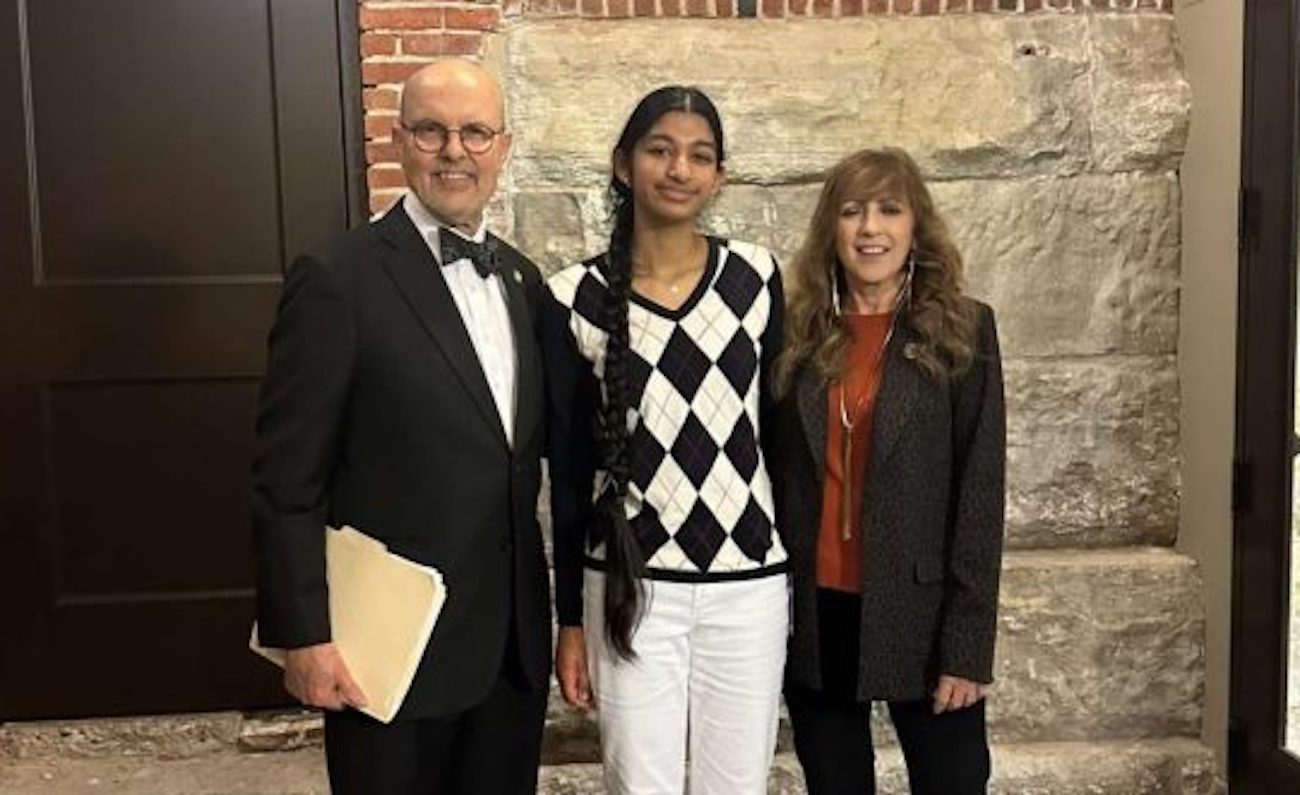(August 30, 2023) Holed up at her home during the pandemic, like almost everyone, Shreya Nallamothu, too, took refuge in social media. The then 13-year-old was quick to notice that children, much younger than her, were nothing short of social media stars or kid influencers. While she didn’t think much about it initially, but as her Instagram, Facebook, YouTube and TikTok pages kept populating with content by children, the Indian-American teen realised the kids can be victims of exploitation, in terms of monetisation of social media content. “I realised there was absolutely zero legislation in place to protect them,” she told AP. This led her to campaign for amending child labour laws in Illinois, making it the first state in the country to create protections for minors showcased in online videos, including provisions for their compensation.

Shreya Nallamothu
The 16-year-old fondly remembers her parents capturing some of her firsts – first steps or first day at school on video camera, and is deeply grateful to them for keep these personal moments private. “It made me realize family vlogging is putting very private and intimate moments onto the internet,” she said in an interview. Her parents always told her how everything is permanent online and their words kept playing in her mind when she saw so many kid influencers online. “The fact that these kids are either too young to grasp that or weren’t given the chance to grasp that is really sad,” she added.
This prompted the University High School student to work on an independent study to help child influencers. During the process, she explained that child influencers include any kids under 18 with their own social media accounts, not just those in family videos, and can earn a lot of money from their followers on TikTok, YouTube and other social media sites. “I definitely wanted to create policy and legislation around child influencers because I felt like Illinois could be kind of a trend setter and a precedent setter for this issue,” added Shreya.


Shreya Nallamothu
She began conducting research on child influencers, and found that kid influencers accounts are run by their parents as kids can’t set up in their names due to age restrictions on social media. What intrigued her what that due to the social media explosion, parents were using it to monetise kids being on videos. And realised that with money being made and nothing set aside for the kids, it was nothing short of child labour. “A lot of the time (the child influencers) are being forced by their parents to appear in videos, but then because they’re a minor they don’t have access to any of that money,” the Global Indian said in an interview.
That’s when after her detailed research, she wrote a letter to her state senator, Democrat Dave Koehler, urging him to consider legislation to protect young influencers. Two weeks ago, inspired by Sherya’s letter, Illinois Gov. JB Pritzker approved a new law that changes the Child Labor Law in the state. This law lets teenagers who are 18 or older sue their parents if they appeared in videos on social media that made money, but they weren’t paid fairly. This is like the rights that young actors have. July 1, 2024 onwards, parents in Illinois will need to save 50 percent of the money earned from a video for their child. This money will go into a special fund until the child turns 18, based on how much time the child is seen in the video.
Children “deserve to be shielded from parents who would attempt to take advantage of their child’s talents and use them for their own financial gain,” said Alex Gough, a spokesperson for Illinois Gov. JB Pritzker, after the governor signed the legislation.


Shreya’s determination and awareness have brought about a significant change in Illinois. Recognising the exploitation faced by young influencers, this Indian-American teen took action to protect the rights and futures of children in the world of social media. By identifying a gap in legislation and sharing her concerns with Illinois state Senator David Koehler, Shreya set in motion a series of events that led to the proposed bill amendment. Her efforts demonstrate how the proactive actions of a single individual can catalyse positive change, ensuring a safer and fairer environment for child influencers and ultimately inspiring others to advocate for meaningful reforms.
- Follow Shreya Nallamothu on LinkedIn



